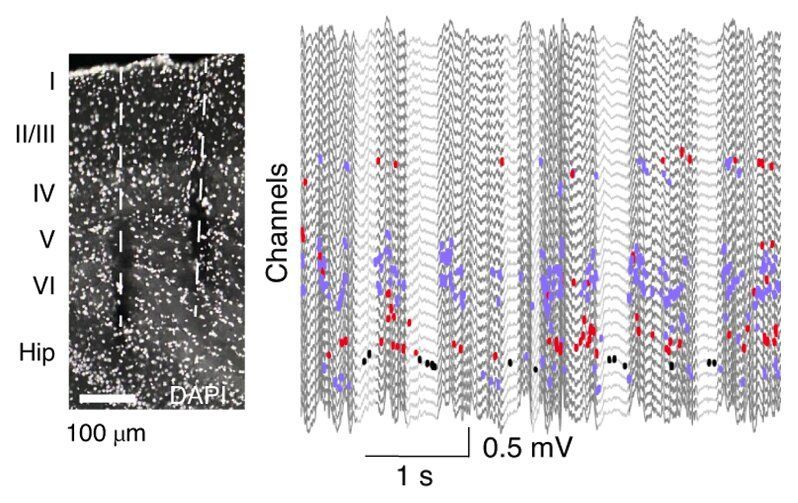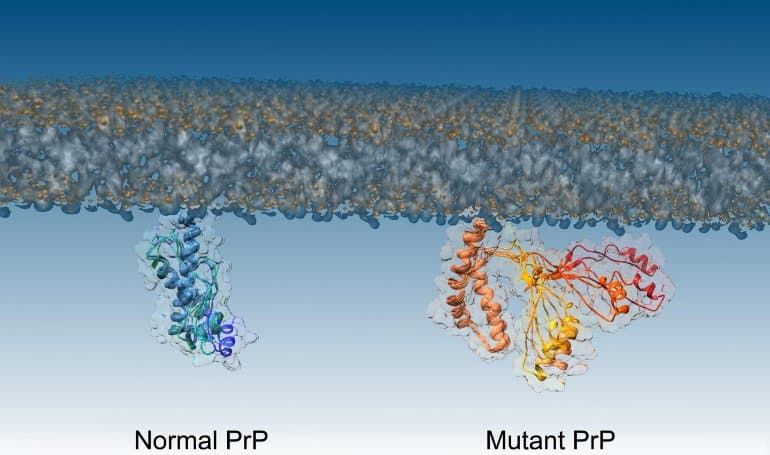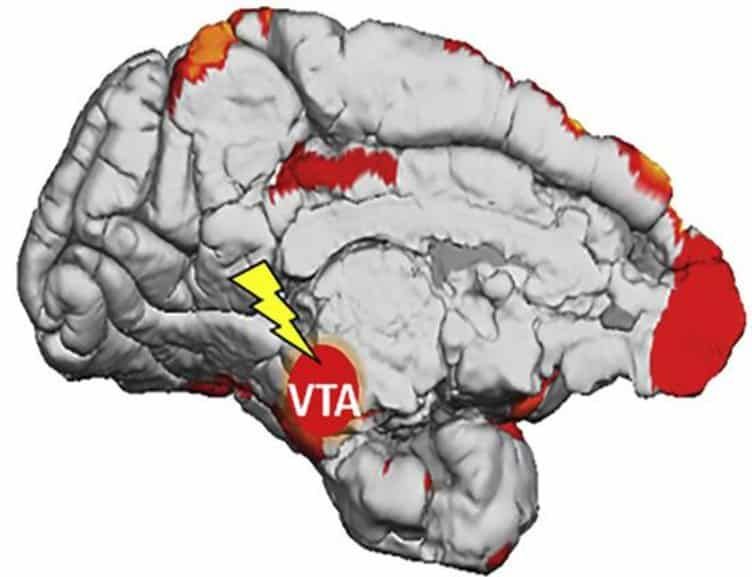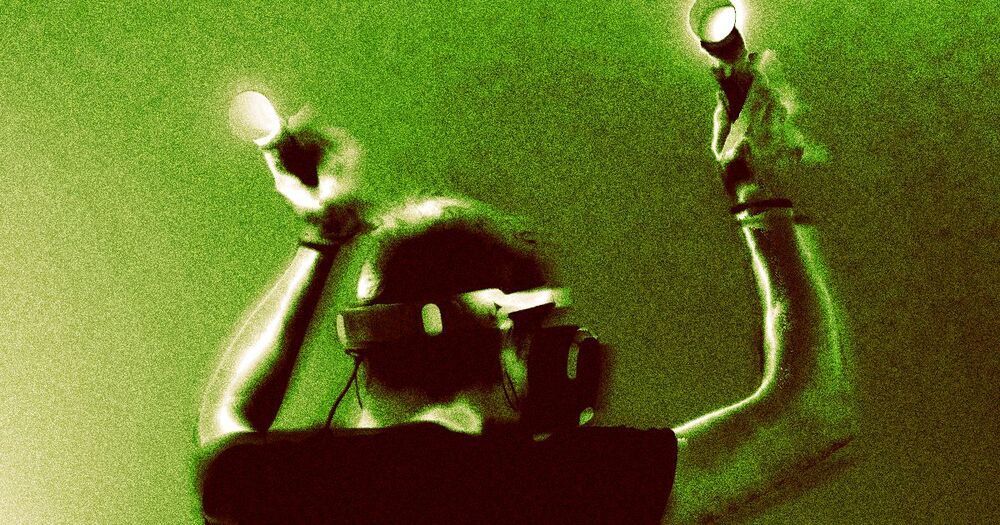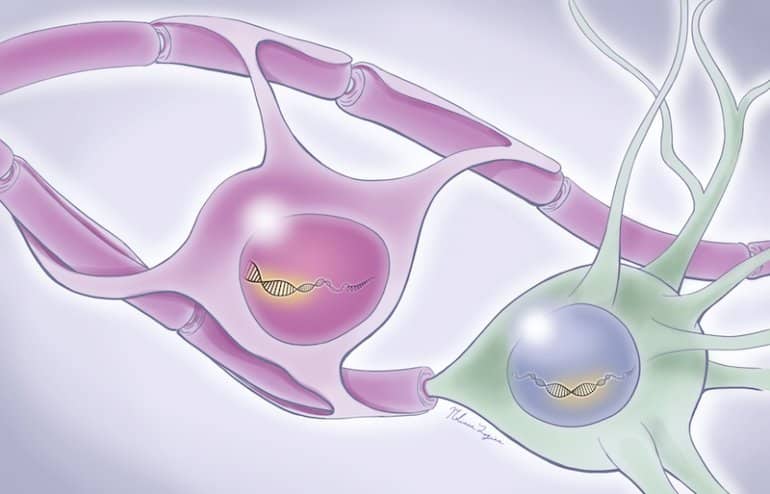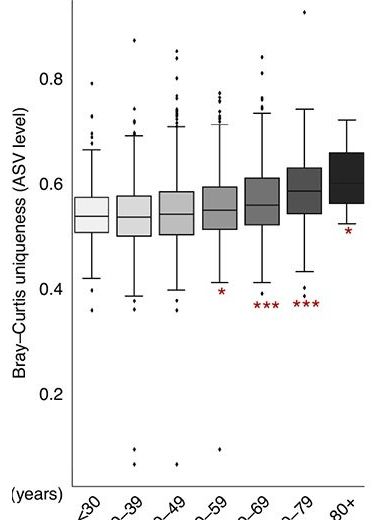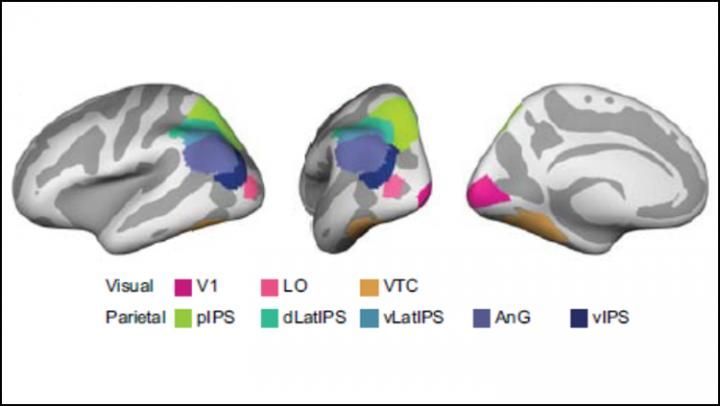Typically, pyramidal cells and GABAergic interneurons in the brain are activated simultaneously. A team of neuroscientists at New York University, however, recently identified a unique class of neurons that do not fire at the same time as all principal neurons, cells and interneurons. Interestingly, the team found that these specific neurons are most active during the DOWN state of non-REM (NREM) sleep, when all other neuron types are silent.
“As is often the case in science, our discovery was a true serendipity,” György Buzsáki, one of the researchers who carried out the study, told MedicalXpress. “By collecting sleep recordings in deep layers of the cortex, we observed that spikes of some rare neurons occasionally occurred during the so-called ‘DOWN state’ epochs of sleep. No neuron was supposed to do such thing, as DOWN state is known (and identified by) by its complete neuronal silence (lack of spikes).”
The neocortex, a set of layers in a region of the brain called cerebral cortex, is rebooted thousands of times every night from the transient (50−300 ms long) DOWN state. In their study, Buzsáki and his colleagues identified a class of neurons that appear to be most active when all other neurons (i.e., excitatory pyramidal and inhibitory neurons) are silent, in the DOWN state, during NREM stages of sleep. In their follow up experiments, they showed that these neurons are neuroglia-form cells found in the deeper layers of the neocortex, which specifically express genes known as ID2 and Nkx2.1.
